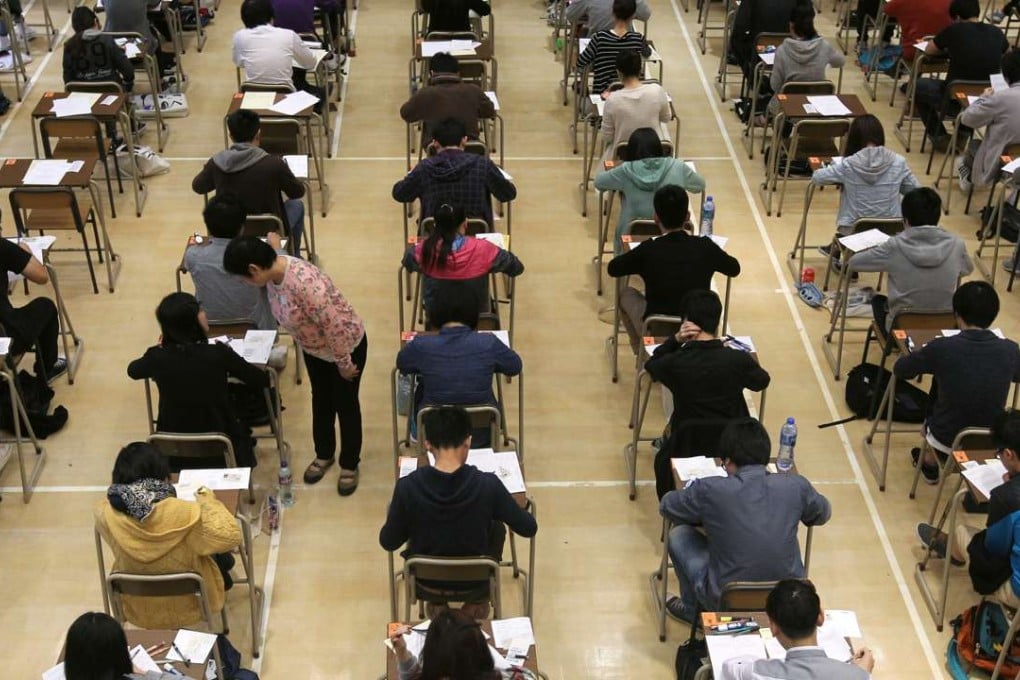Hongkongers fail everyday English pronunciation test: lack of spoken skills ‘shocking’ and ‘disappointing’
No one got full marks in the test, which puts them at a distinct disadvantage in the highly competitive job market

Is “admirable” pronounced as “ADmuhruhbuhl” or “adMAIRuhbuhl” or “adMEERuhbuhl”?
If you got it wrong – the answer is the first option – despair not as you are just part of the 97.7 per cent of Hongkongers who mispronounce the word, according to an English pronunciation test conducted on working adults in the city.
The test quizzed 300 people aged above 18 who had an educational level of at least Secondary 5 – with some undergraduates and postgraduates – in Causeway Bay and Mong Kok on the pronunciation of 10 commonly used English words, including “admirable”.
‘English has been forgotten’: Hong Kong must improve English standards to stay competitive, says lawmaker Michael Tien
Nearly half of the respondents scored zero – something that is not at all admirable.
The number of people who got full marks? None, while only five managed to get 50 per cent of the pronunciations right.
The highest score, attained by just one person, was eight out of 10.
Wennita Fong I-lam, academic head of Prime English Learning Centre, which engaged market research company MPEG to conduct the test, said the results were “shocking” and “disappointing”.
The words picked for the test are generally used on a daily basis, such as when communicating with friends or colleagues, or in the news or movies.